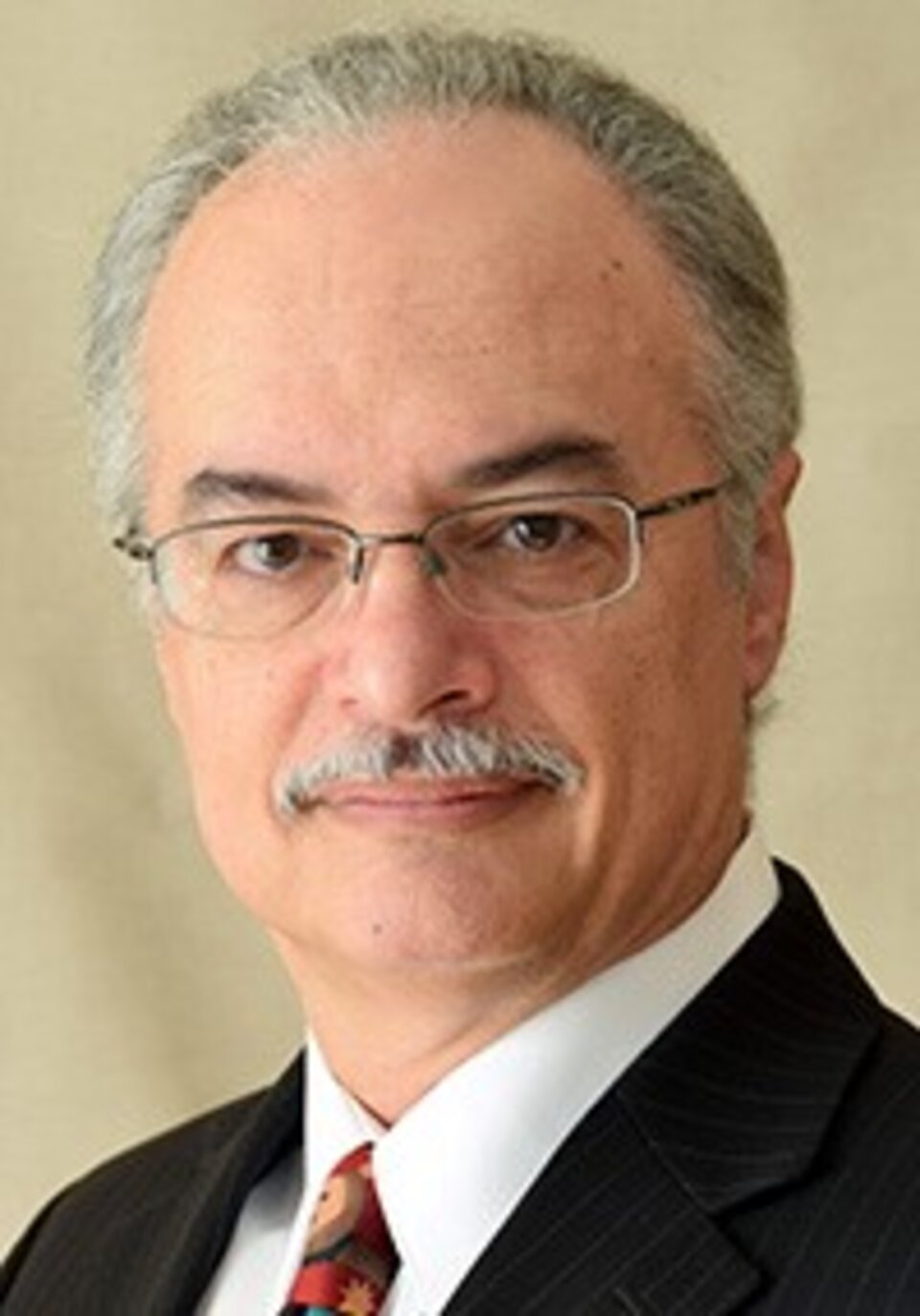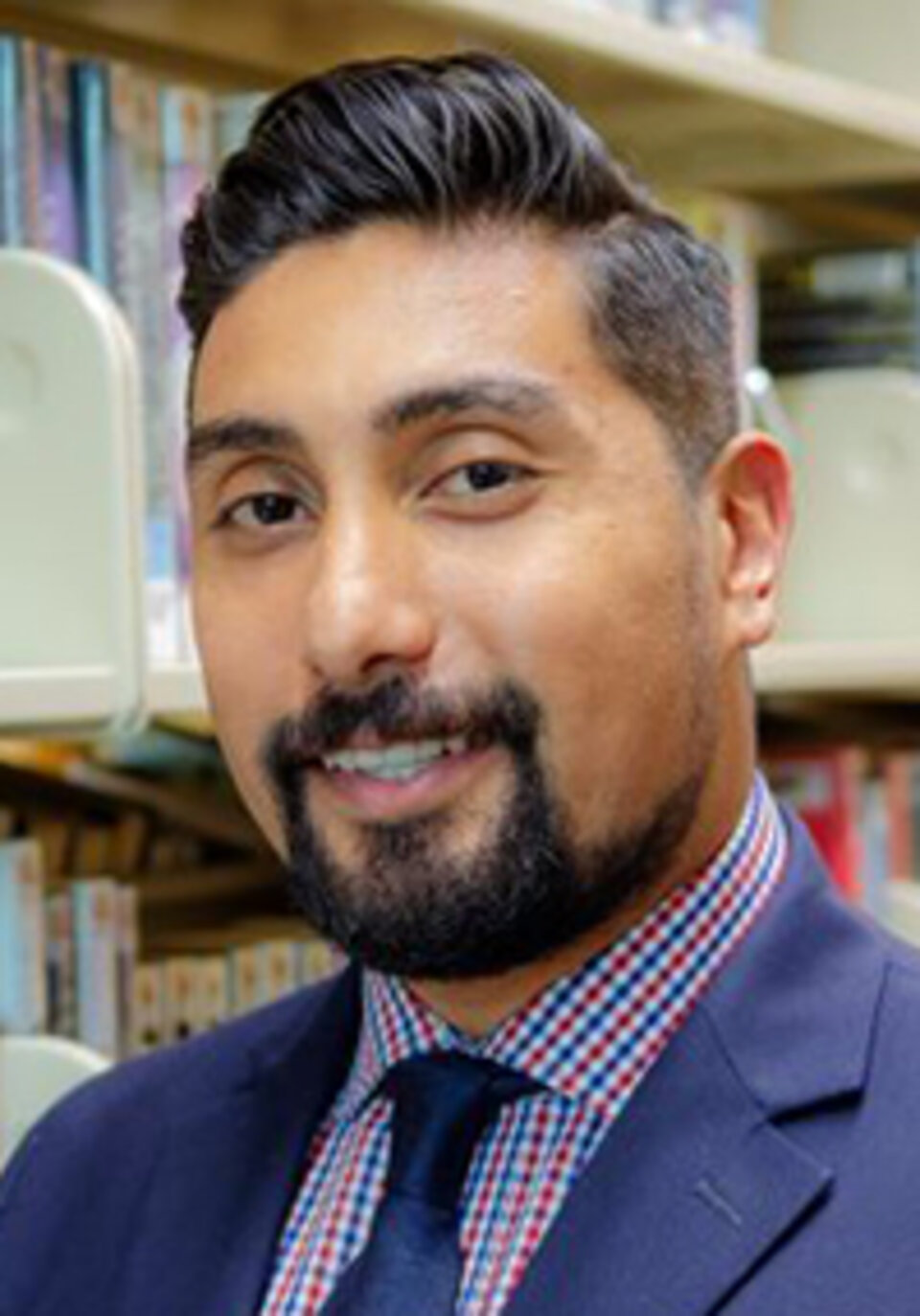Cultural and Linguistic Considerations When Developing, Adapting, and Validating Measures
APA CE & NASP CPD CREDIT AVAILABLE
Professional standards and guidelines encourage the consideration and inclusion of individuals from diverse cultural and linguistic backgrounds in all aspects of testing. However, meeting this goal presents many unique challenges. When these recommendations are unaddressed or do not incorporate methodologies promulgated in the literature, erroneous interpretation and uses can occur. To encourage the practice of standards-aligned methodologies and processes, this series will highlight the expertise of an interdisciplinary group of scholar-practitioners engaged in this work. These presenters will share empirically based recommendations; best practice examples; and case studies that will assist in the development, adaptation, and validation of measures used with individuals from culturally and linguistically diverse groups.
Audience
Test Developers, Measurement Professionals, Researchers and Consultants
Presenters & Topics
Archived recordings of webinar presentations are available for purchase on Buros video library. Click on each presenter's name below for abstract, learning objectives, and presenter bio.

Samuel O. Ortiz, Ph.D.
St. John's University
The Culture-Language Interpretive Matrix and English Learners: An Evidence-Based Application of Research into Practice
Video Library Presentation

Guillermo
Solano-Flores, Ph.D.
Stanford University
Developing Methodologies for the Fair Testing of Linguistically Diverse Populations: Problems and Solutions
Video Library Presentation

Joseph A. Rios, Ph.D.
University of Minnesota
Translating/Adapting Tests to Increase Fairness for Linguistic Minority Examinees: Best Practice Recommendations for Test Development and Validity Efforts

Rebecca Weiss, Ph.D.
John Jay College of Criminal Justice
Using Interpreters in Psychological Assessments
Video Library Presentation

James Allen, Ph.D.
University of Minnesota Medical School, Duluth campus
Development of Culturally Grounded Measures: Case Studies from an Indigenous Youth Suicide Prevention Effort